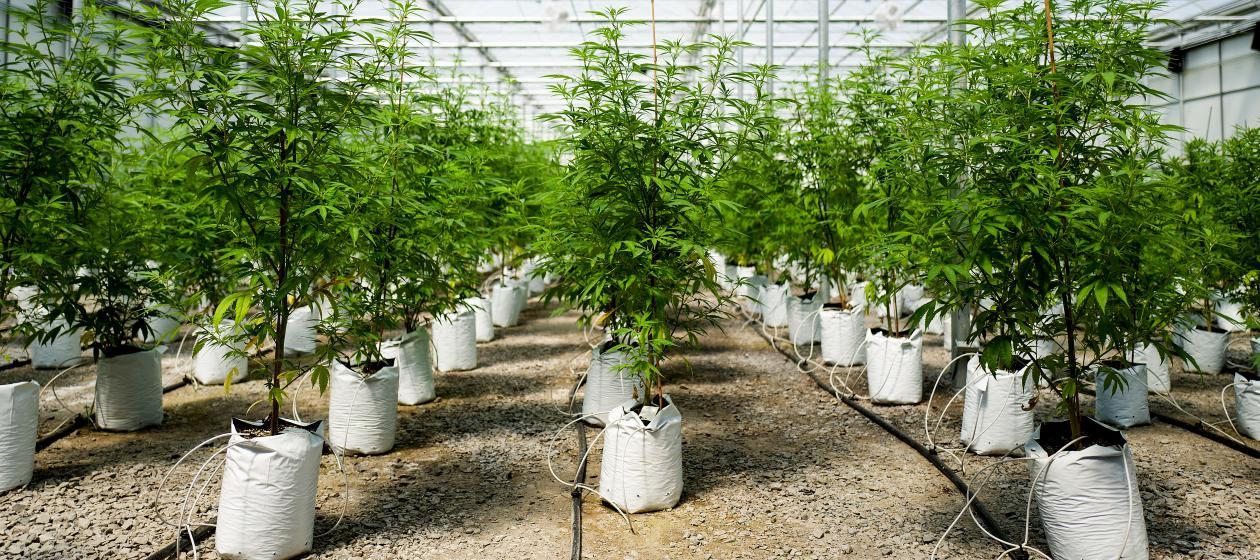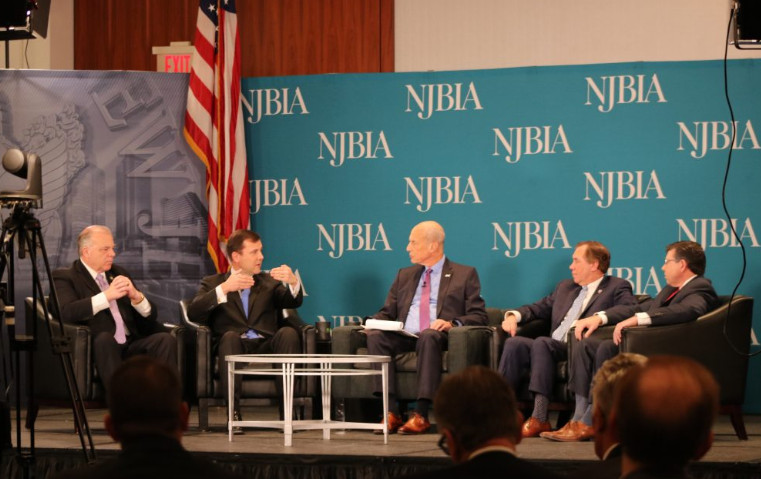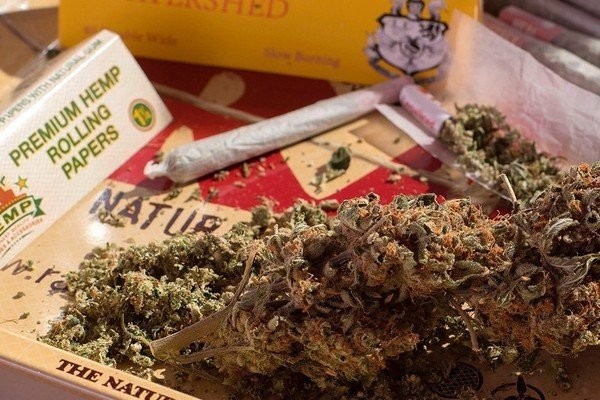FREEHOLD TOWNSHIP – The Township Committee unanimously voted Tuesday to ban marijuana sales, both medicinal and recreational, while legislators figure out what weed legalization will look like in the Garden State.
It probably didn’t come as a shock to anyone in the meeting room Tuesday night. What was perhaps more surprising was that the hour-long discussion ended in a spat about decorum and resources for veterans.
“Twenty-two vets a day are killing themselves every day, and Freehold’s answer to that is to ban their medicine,” Edward “Lefty” Grimes, an East Hanover resident, said at the Township Committee meeting Tuesday night, standing up from his wheelchair. “That’s shocking to me that you would not support your own troops. You wouldn’t have a council if it weren’t for the disabled or vets.”
Recent studies indicate that the number of veterans killing themselves daily has dropped slightly to 20 on average. There is no evidence to suggest that all suicidal veterans could be cured with marijuana, though one Senate bill proposes legalizing medicinal marijuana for military veterans and having the U.S. Department of Veteran Affairs conduct studies on how the substance affects veterans’ pain.
Still, his points struck a nerve. Committee member David Salkin, a member of the Veterans Committee Alliance, called suggestions that he didn’t care about veterans offensive.
“Please don’t ever come in this room and tell me that this board doesn’t take care of its veterans,” Salkin said. “Twenty-five years of my life.”
“What happened? Why did you stop?” Grimes quipped.
“I didn’t stop,” Salkin responded. “I wrote a book called ‘Battle Scars.’ You should go read it.”
Freehold Township joins dozens of municipalities in New Jersey in pre-emptively banning marijuana sales well before legislators release the long-anticipated weed legalization bill. That list includes Oceanport, Hazlet, Middletown, Brick, Toms River. Local marijuana activists expressed concerns with Freehold’s ban of not only recreational sales but also medicinal ones in the land use ordinance.
More than 32,000 people in New Jersey have signed up for the state’s medical marijuana program, according to state figures. Residents are eligible if they have a medical condition that the state acknowledges could be treated with medicinal marijuana. Gov. Phil Murphy, a Democrat, expanded the program in March to include people diagnosed with anxiety, migraines, Tourette’s syndrome, musculoskeletal disorders and other conditions.
Marijuana legalization activists who spoke out at the committee meeting Tuesday night focused on the impact a pre-emptive ban on wholesale and retail sales could have on medicinal marijuana patients.
“I know exactly pretty much what you folks are going to do,” said Jeffrey Oakes, an Oceanport resident who uses marijuana and chemotherapy to treat his cancer. “It’s predictable to us folks who are patients that are trying to improve access and fight this stigma that very clearly exists in this community.”
Throughout the meeting, Salkin pointed out differences between the pre-emptive ban, a local land use matter, and the larger debate around marijuana legalization. While he said he personally agrees with marijuana use, at least for medicinal purposes, he said the ban was meant to keep Freehold Township in control of where marijuana-related businesses could take root.
Committee member Thomas Cook said it would be more difficult to enforce zoning changes after the state legalizes marijuana than beforehand.
“To say the state’s going to make a change and we’re going to rely on the state? No,” Cook said, shaking his head. “We’re not going to trust the state. They’ve failed us miserably for decades.”
Steven Goldsholle, who has lived in the township since 1986, said allowing marijuana sales would help stabilize his property taxes. He also said a ban would perpetuate the stigma against marijuana.
“Give me a break. This is 2018. This is not 1950 anymore,” said Goldsholle, who wore a gray hat with white marijuana leaf prints.
Credit: www.app.com













